energy
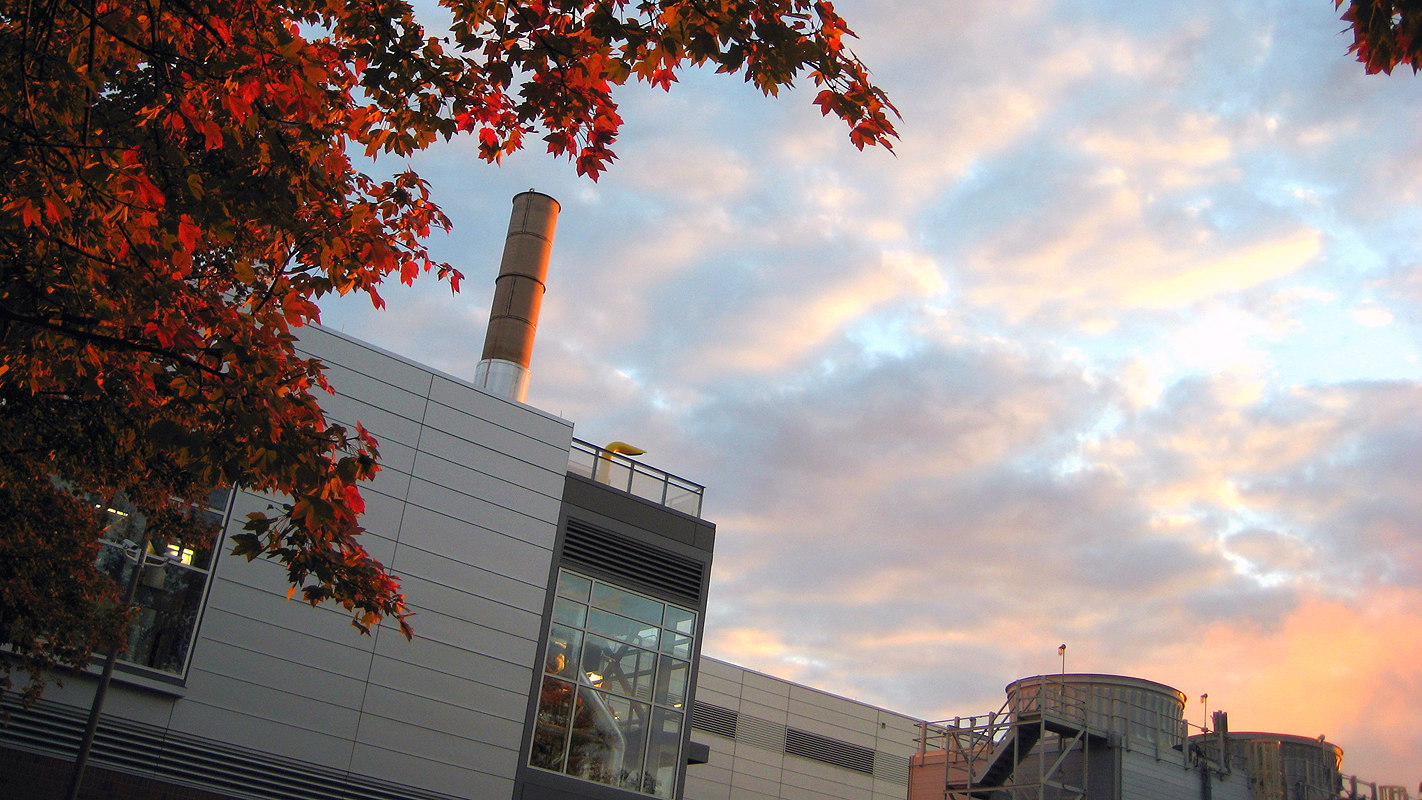
NC State Meets State-Mandated Reduction Goals
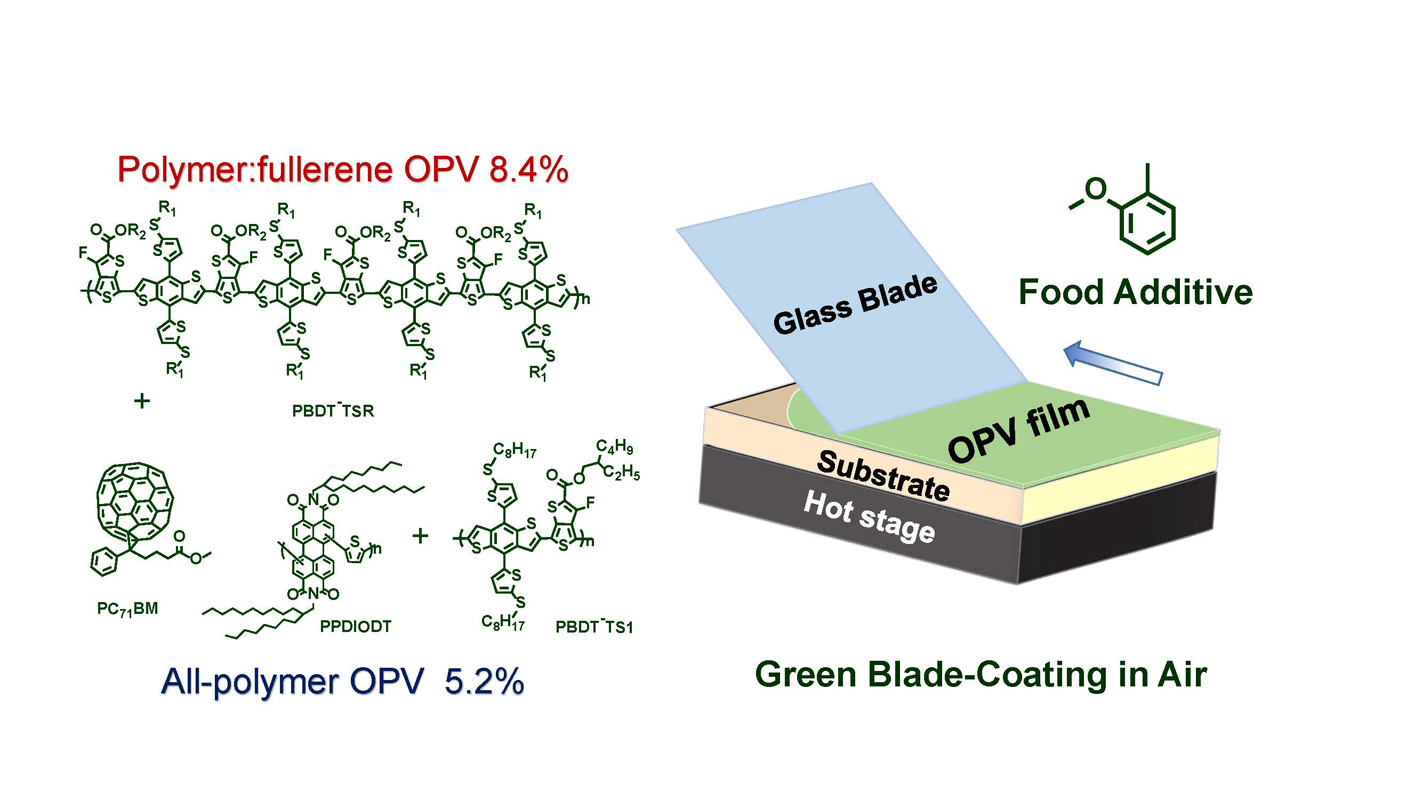
Food Additive Key to Environmentally Friendly, Efficient, Plastic Solar Cells
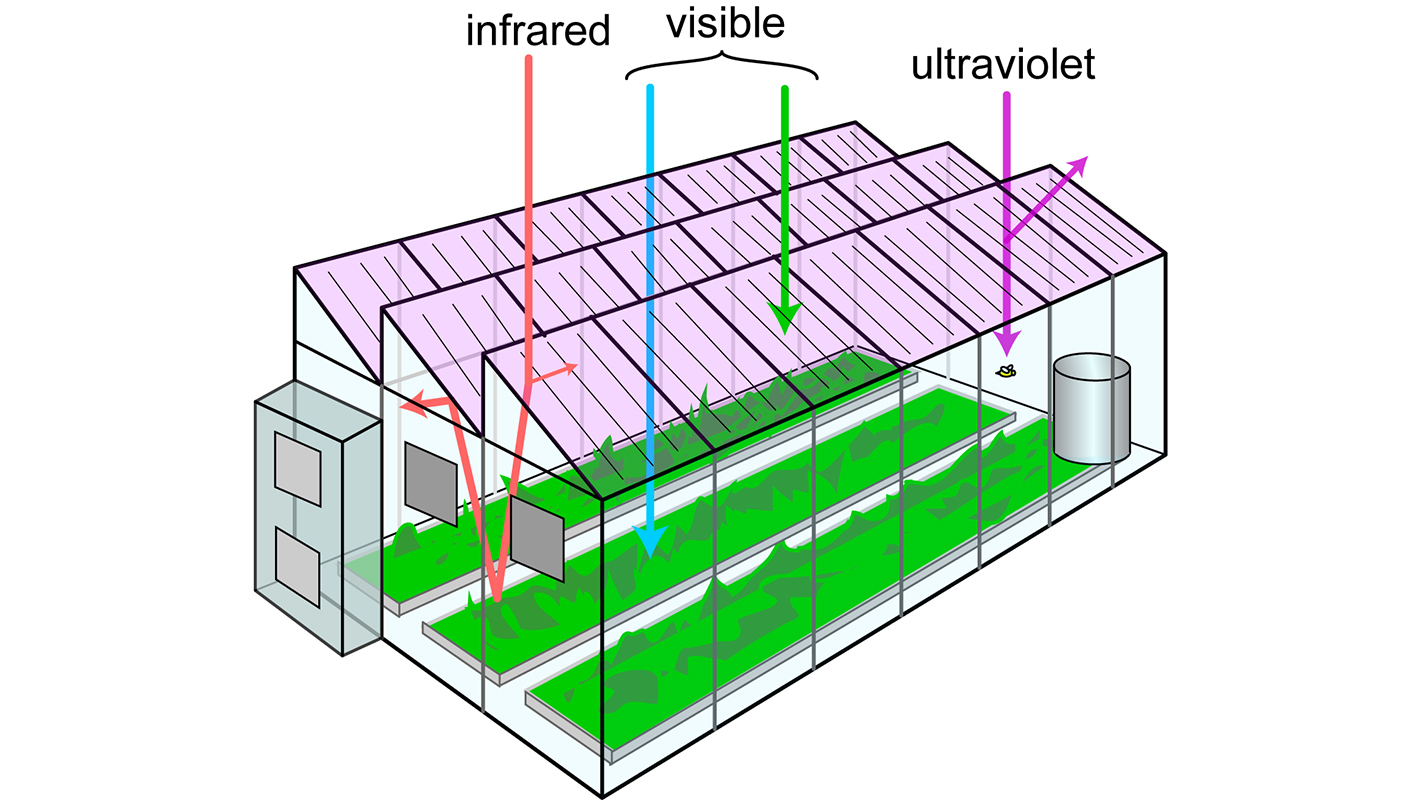
The Next Generation of Greenhouses May Be Power Plants

Study: Bioenergy Decisions Involve Wildlife Habitat and Land Use Trade-offs

Driving Toward More Efficient Solar Cells
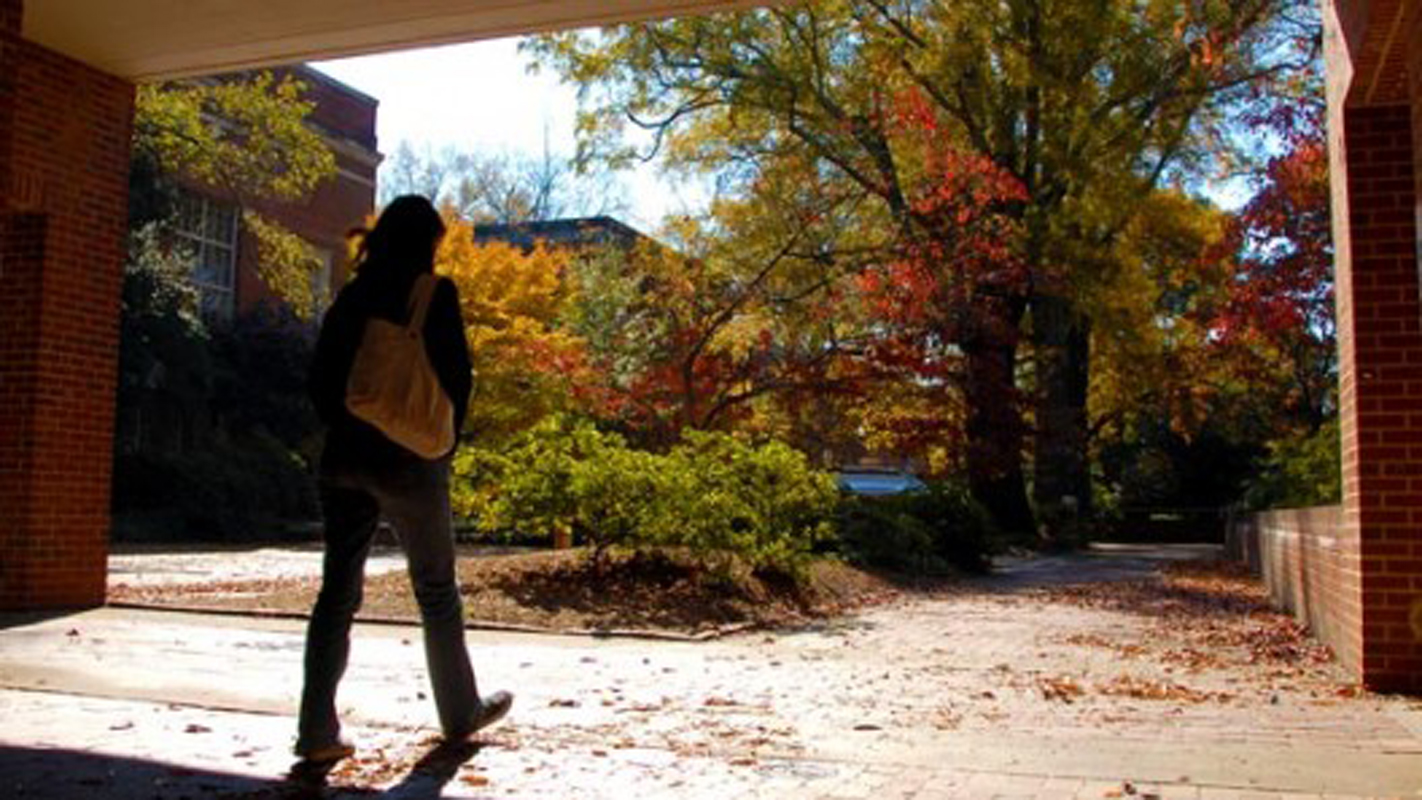
Energy-Saving Tips for Winter Break
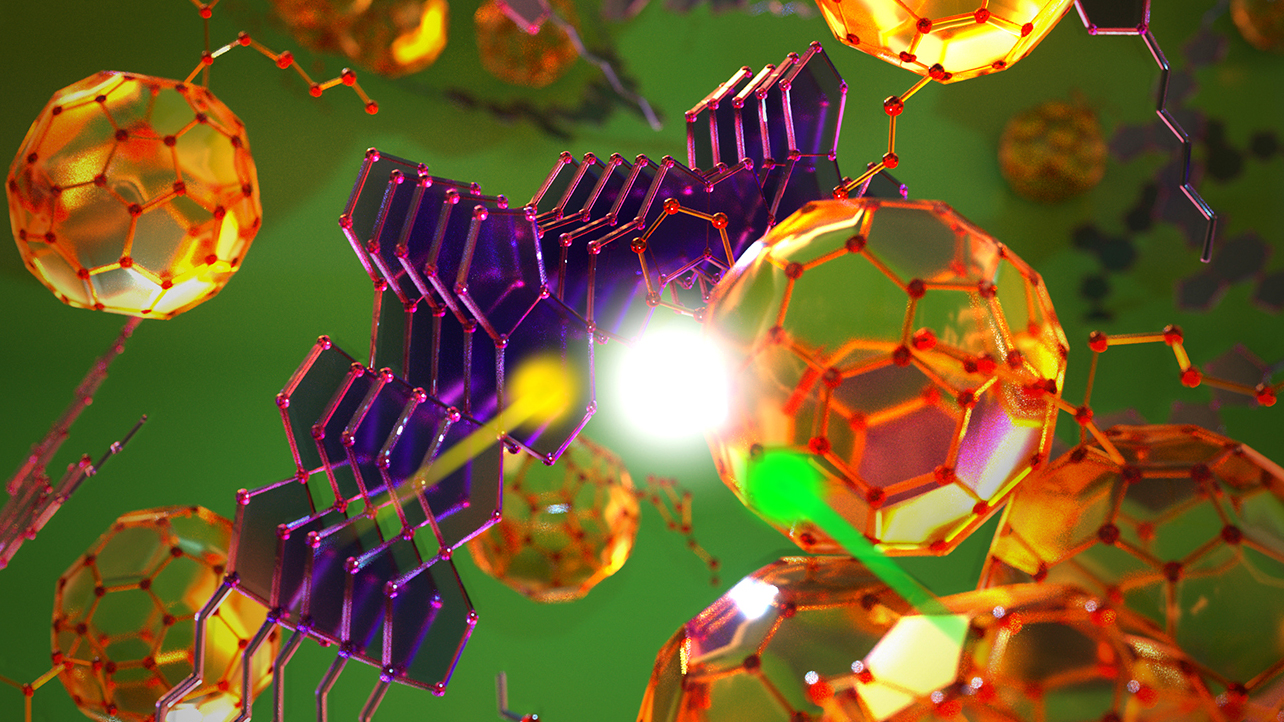
Domain Size and Purity Key to Efficient Organic Solar Cells

Distributed Technique for Power ‘Scheduling’ Advances Smart Grid Concept
Duke Energy Grant to Fund Renewable Energy, Diversity Efforts at NC State

The Internet of Energy
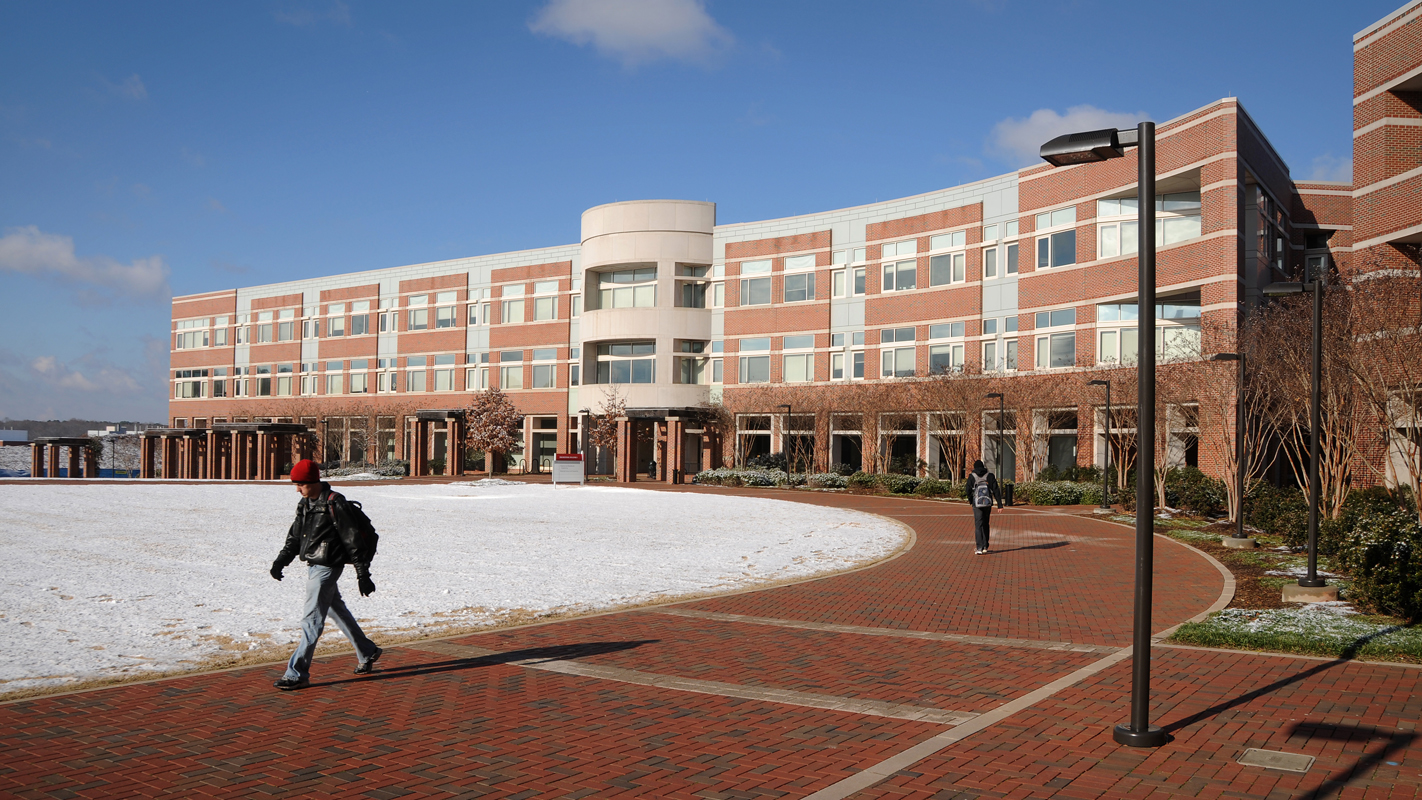
Keep Warm, but Remain Frugal
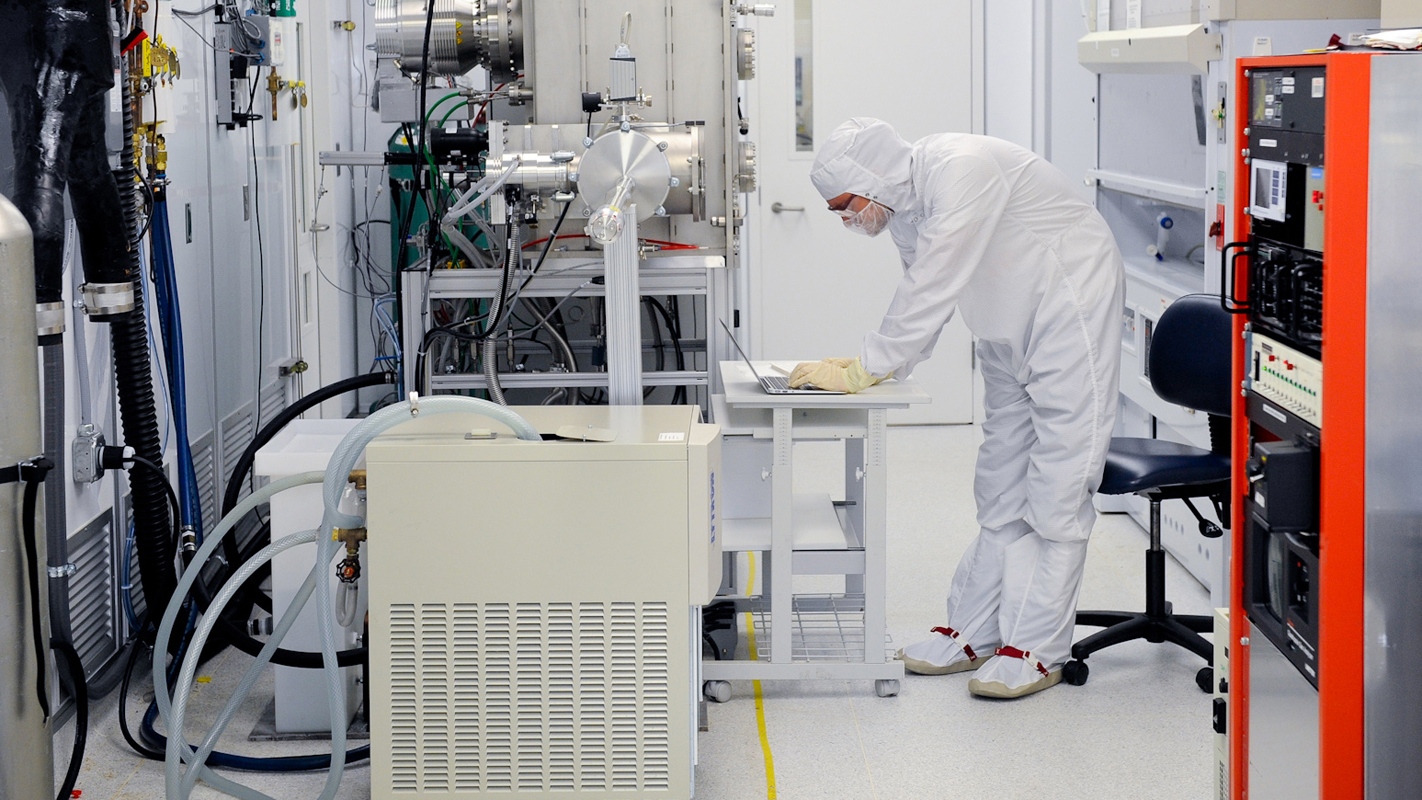
NC State Researchers Land UNC System Research Grants
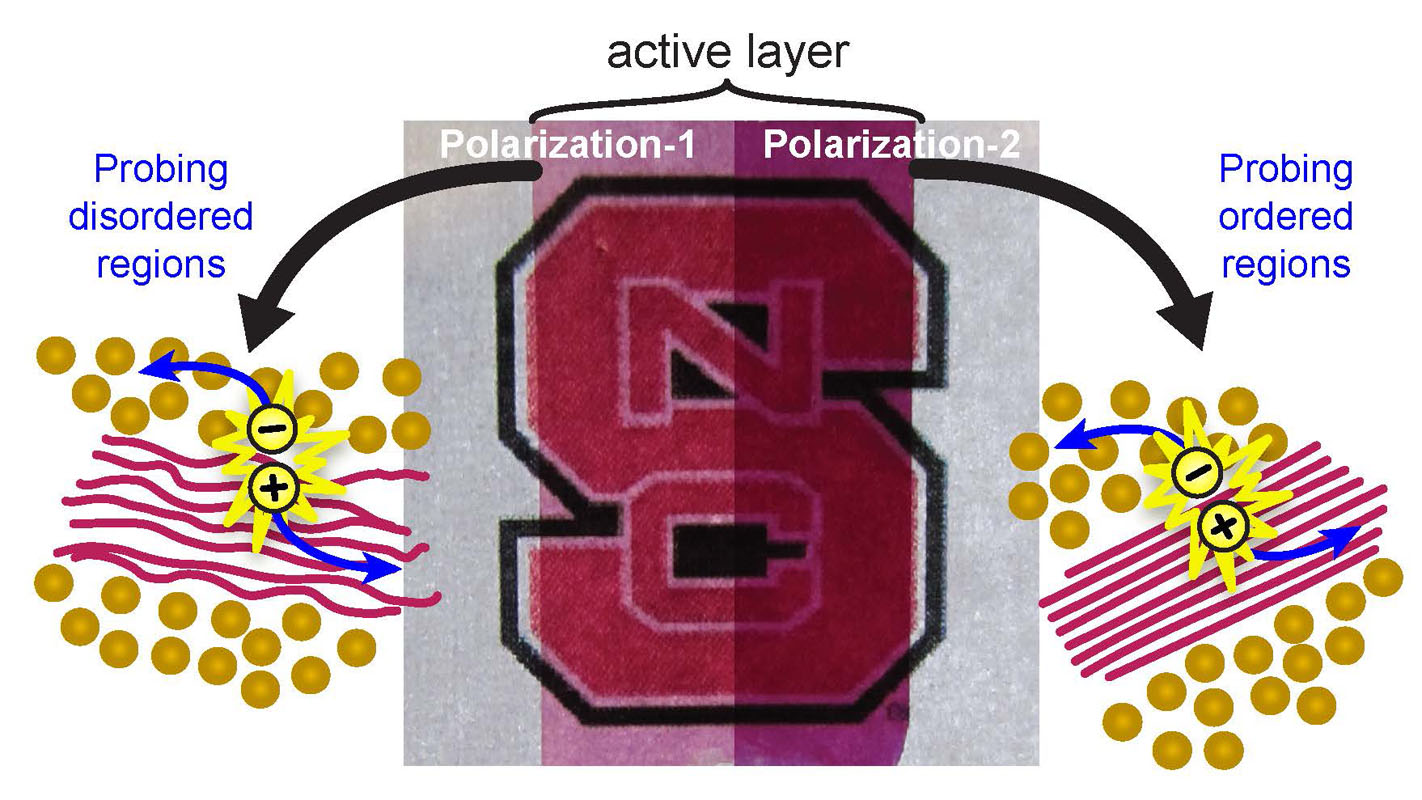
New Technique Helps Probe Performance of Organic Solar Cell Materials
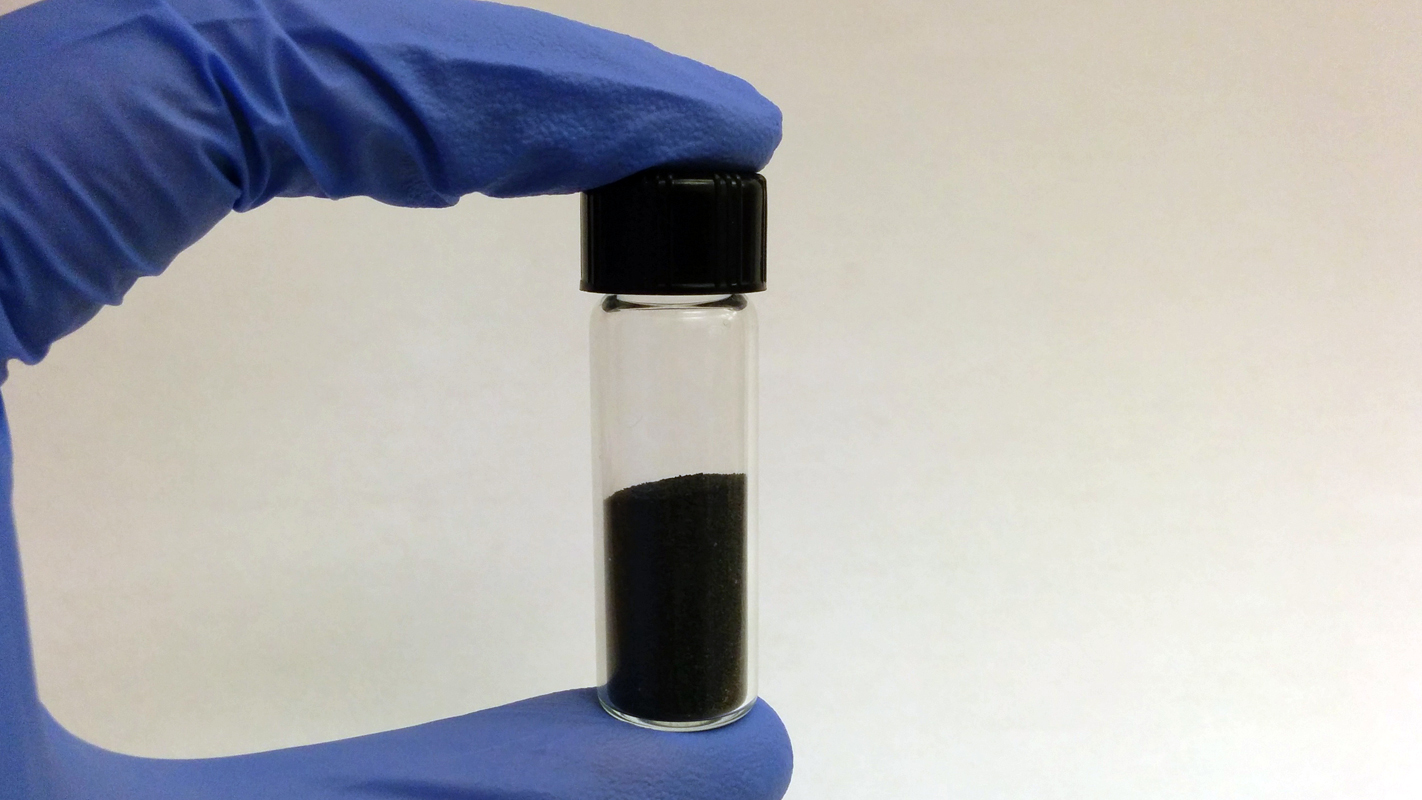
New Material, Technique Efficiently Produce Hydrogen, Syngas Fuel Feedstock
